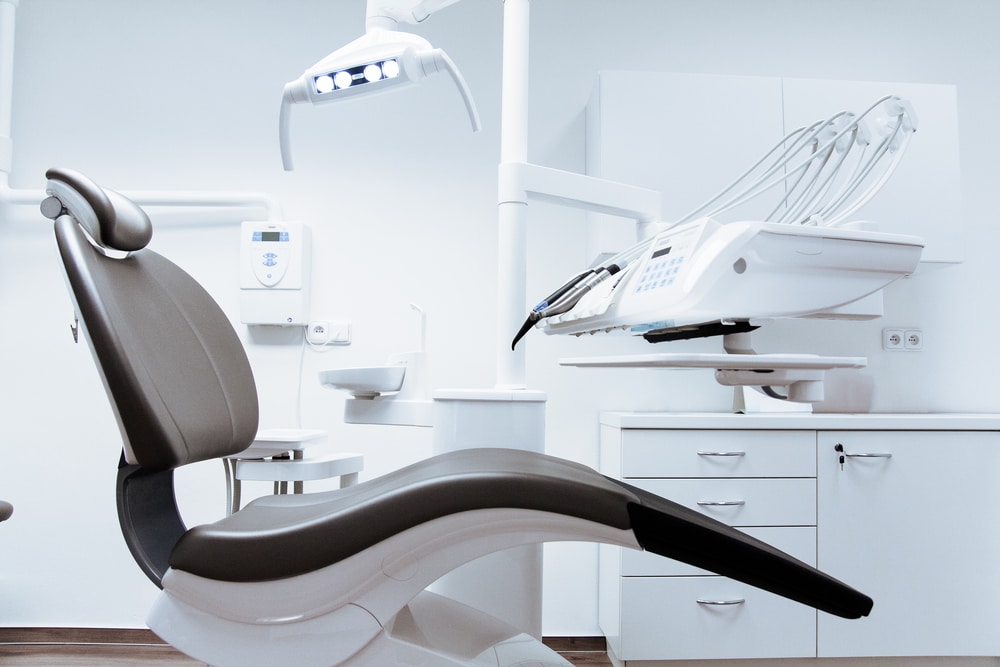
The average person is rather busy – they have to work for many hours, they have to take care of young families, they have ageing relatives that they have to look after, they have to shop – the list is endless and as a result many important things end up being overlooked. One of them is oral health. Going to the dentist is one of those things that many people will put off until they can’t afford to any more. They will only go when a problem can no longer be ignored, and even then they address only the obvious issues rather than all of oral care.
Your body is the sum of its parts. Each part needs to be taken care of, but you also need to take care of the whole. That is what comprehensive dentistry is about – it looks at your teeth, gums and other oral health to check for problems and other signs that can point to health problems not just in the mouth but in the rest of the body.
What does comprehensive dentistry involve?
The first step, if you are seeking comprehensive dentistry, is to seek a dentist who does this kind of work. Ideally, they should be experts in all areas of dental health. They will do a full examination of your mouth to determine whether there are any issues that need to be addressed and they will also come up with a long term dental plan to keep tabs on oral health. They will also have a long discussion with you about things like:
• Any issues that you feel affect you and would like to see addressed.
• What oral problems you would like to see removed, fixed or improved.
• Your upcoming examination of all aspects of your oral health.
• Any treatment plans and options that the dentist would like you to consider ‘for the future.
• A good dentist will also show you a computer generated image of the kind of results you can expect once your comprehensive dentistry plan is complete.

How do I know that a comprehensive dentistry plan is right for me?
Dental work is expensive; even for something is routine as a root canal many people find that they are not able to pay in one installment if they are not covered by their insurance package. When comprehensive dentistry comes up many people’s response will be that they simply cannot afford it – they don’t have thousands of dollars to pay for what they feel are not “real” problems. If you have talked with your dentist and they think that comprehensive dentistry is a good idea it may be time for you to take out dental insurance. Dental insurance is highly affordable – for a few dollars every month you will be able to get different kinds of dental treatments including comprehensive dentistry. Once you take out a policy and have made a few payments you can then talk to your dentist about starting the treatments. As for whether this kind of dental work is right for you, comprehensive dental treatments are recommended for anyone who:
• Suffers from extreme tooth decay and dental cavities.
• Has ignored oral health for most of their lives.
• If you have suffered a breakdown of oral health due to gum disease.
• If, for any reason, your jaw structure is compromised.
• If you have a crooked smile.
• If you have very discolored teeth.
• If you suffer pain or sensitivity when chewing.
• If your smile has always made you feel embarrassed.
• If you have been talking medication that has affected your teeth in any way.
As for when you ought to start comprehensive dentistry, the best time is right away. The longer you ignore oral problems, the worse they are going to get, and the more you will have to pay to fix them. In fact, if you ignore your teeth for too long you may lose them altogether and you may end up having to pay for expensive dental treatments such as dental bone grafts and dental implants. Comprehensive dentistry can help you save your teeth – the dentist’s aim is to restore them to their best condition and therefore save you money down the line.
Where can I get comprehensive dentistry?
As mentioned, not all dentists offer the services that are required in comprehensive dentistry. The best thing you can do is find one who specializes in this kind of work – find out how long they have been doing it and talk to them – the language they use and how they explain procedures will tell you quite a bit about whether they really know what they are talking about. You should look for a dentist who has been practicing for at least 10 years – in that time they will have gathered enough experience to be able to carry out comprehensive procedures.
Comprehensive dentistry and your overall health
In recent years studies have shown that there is a strong link between oral health and some common chronic illnesses. A good dentist, by examining your mouth, can tell if you are developing illnesses such as diabetes, heart disease, arthritis and ‘they can even detect low birth weight for pregnant mothers. If you go through a comprehensive dental plan and your dentist has any concerns they will discuss them with you and they will send you to a specialist for further tests. You should take all referrals very seriously – the sooner you start dealing with a chronic illness the easier it is to manage and you may even be able to cure it if it is in the very early stages.
How to choose a comprehensive dentist
The best comprehensive dentist is one who can take care of your whole family’s dental health. In many cases, parents and children are forced to visit different dental offices because many dentists who treat adults are not able to work on children’s teeth. However, if you look carefully in your locale you will find a dentist who is qualified to do both.
The best dentist is one who has the necessary equipment to do most if not all tests in his office. There are some dentists who send patients to other locations for even basic tests such as X-Rays. As a result treatments take much longer and there are no guarantees because patients have to deal with third parties. If a dentist has the necessary equipment they will be able to fast track your treatments and any issues that may arise are between you and your dentist only.
If you are concerned about the whole ordeal of visiting the dentist for comprehensive dental exams and treatments you should talk to him or her about how they can help you relax. Today, there are many options available to patients to help them overcome nerves when they are in the dental chair. Some of the treatments can be administered at home. If you choose these make sure that you have someone to take you into the dentist’s office as you shouldn’t drive while sedated. Other treatments work faster and they can be administered right before the dentist begins a procedure. Make sure you have someone to drive you home afterwards.
